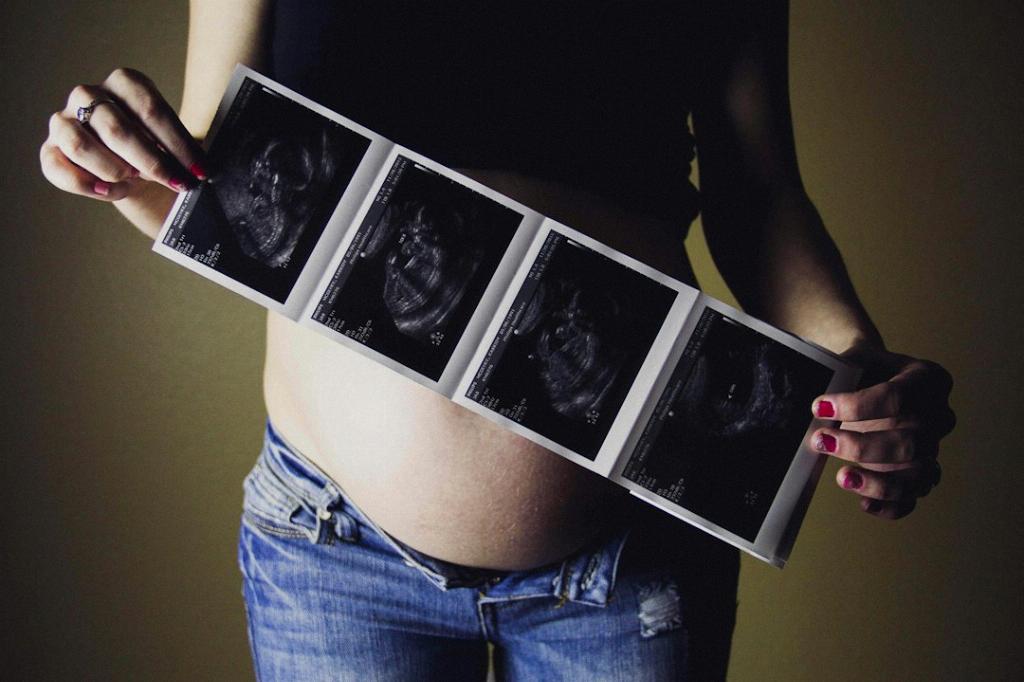When it comes to pregnancy, women are often cautious about what medications they can safely take to ensure the health of their growing baby. This caution extends to medications like Ritalin, which is commonly used to treat attention deficit hyperactivity disorder (ADHD) in adults and children.
Research has shown that taking Ritalin during pregnancy can pose certain risks to the developing fetus. One study indicated that exposure to methylphenidate (the active ingredient in Ritalin) in early pregnancy is associated with a small but significant increased risk for major malformations, particularly cardiac malformations.
It is essential for pregnant women to consult with their healthcare providers before taking Ritalin or any other medications during pregnancy. The potential risks and benefits should be carefully weighed to make an informed decision that prioritizes the health and well-being of both the mother and the baby.
While some women may require Ritalin for the management of their ADHD symptoms, alternative treatment options should be explored during pregnancy to reduce the potential risks associated with medication exposure. Non-pharmacological interventions such as therapy, lifestyle modifications, and behavioral strategies can be considered as safer alternatives.
Pregnant women should discuss their medical history, current health status, and the potential risks of medication exposure with their healthcare providers to develop a comprehensive treatment plan. Open and honest communication is key to ensuring the best possible outcome for both the mother and the baby.
It is important to note that the decision to take Ritalin during pregnancy should not be taken lightly. The potential risks, including the increased risk of major malformations, should be carefully considered in consultation with healthcare professionals who can provide guidance and support throughout the decision-making process.
Research on the safety of Ritalin during pregnancy is ongoing, and new findings may continue to emerge. Pregnant women should stay informed about the latest research and recommendations regarding the use of Ritalin and other medications during pregnancy to make educated decisions about their healthcare.
Ultimately, the safety of taking Ritalin while pregnant is a complex and individualized consideration that should be made in collaboration with healthcare providers. The well-being of both the mother and the developing fetus should be the top priority in all treatment decisions during pregnancy.
Women who are pregnant or planning to become pregnant and are currently taking Ritalin should discuss their medication use with their healthcare providers to determine the best course of action. Abruptly stopping Ritalin can have negative effects on individuals with ADHD, so a carefully monitored tapering plan may be necessary.
Every pregnancy is unique, and the decision to take Ritalin while pregnant should be based on a thorough understanding of the potential risks and benefits, as well as a personalized assessment of the individual’s health status and medical history. Open communication with healthcare providers is crucial for making informed decisions.
In conclusion, the safety of taking Ritalin while pregnant is a complex issue that requires careful consideration of the potential risks and benefits. Pregnant women should work closely with their healthcare providers to develop a comprehensive treatment plan that prioritizes the health and well-being of both the mother and the baby.

